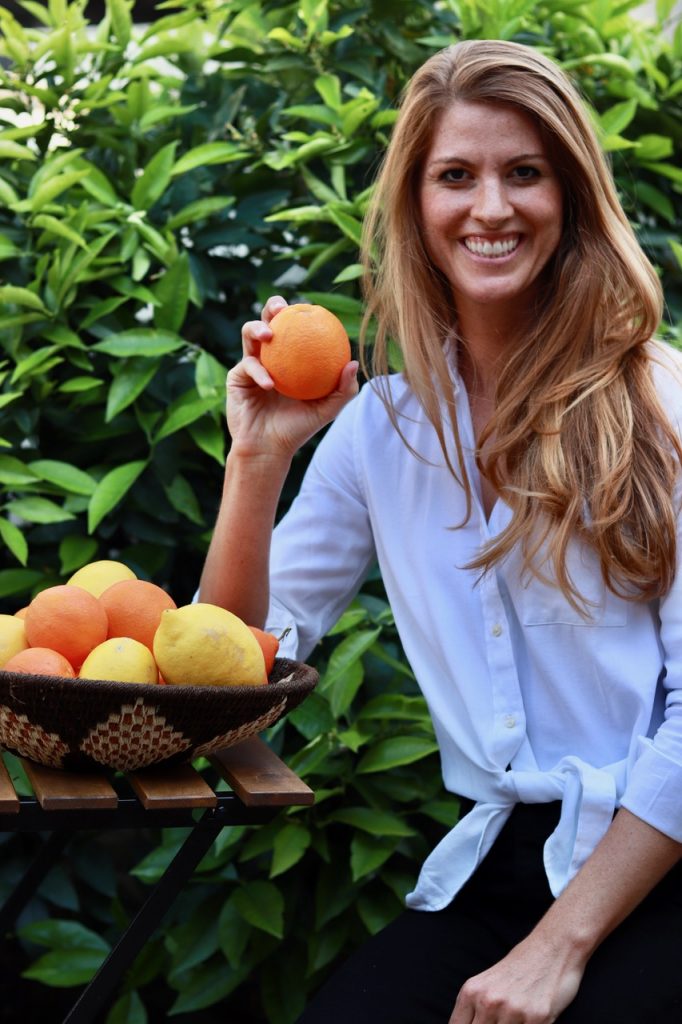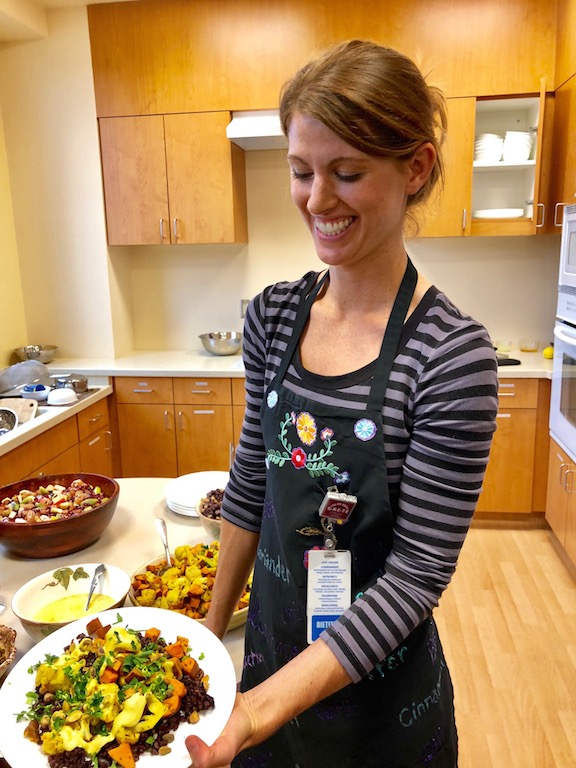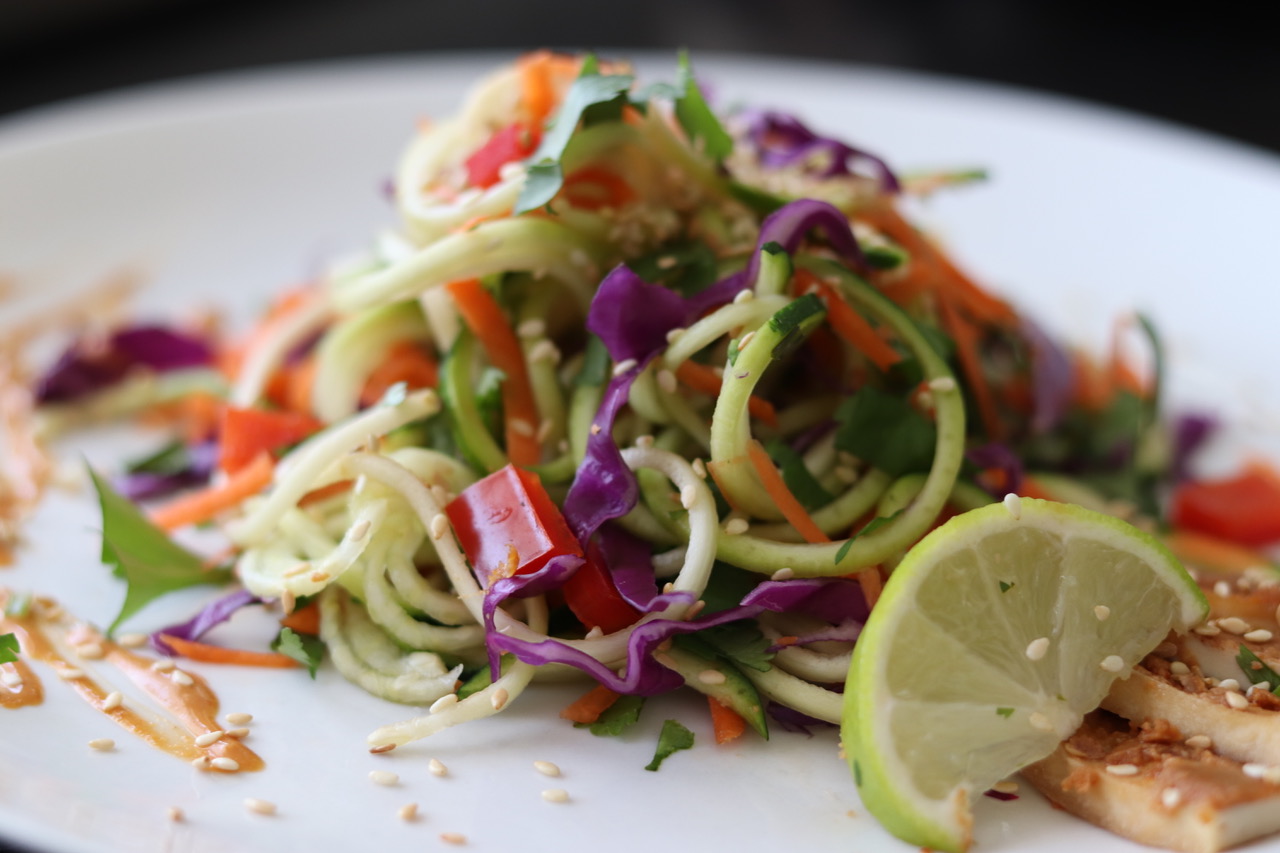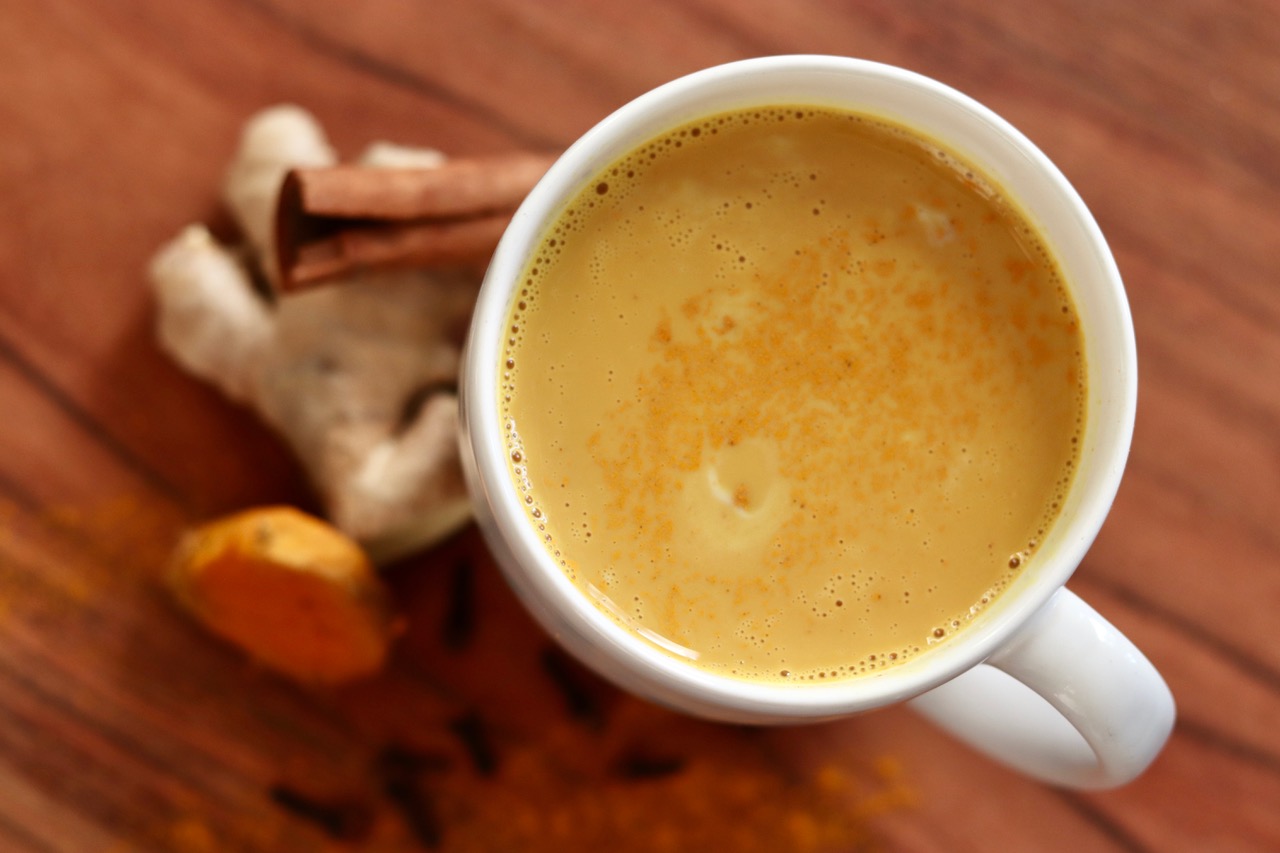
BY JUDY CARMACK BROSS
Chef, Dietician and Author of Intelligent Health, Julianne Penner shares how fruits, vegetables and plants can boost your immune system. The idea of a whole-food, plant-based diet, based on foods derived from plants including vegetables, whole grains, nuts, seeds, legumes, and fruits, with few or no animal products, appeals to many who are re-evaluating their eating habits during this stay-at-home time and putting plant power to work.

We attended Julianne’s nutrition and cooking classes at Loma Linda University Medical Center and are delighted to share some of her recipes and her reflections on plant-based cooking. Her cookbook containing more than 100 gluten-free vegan recipes is now available on Amazon. Her students loved the delicious, healthy taste of her recipes and the color that they bring to the table. Penner is considering offering cooking videos online which would share not only healthy eating but her commitment to total wellbeing.

“Focusing back on whole foods, dark-green leafy vegetables, berries, and other superfoods helps our body detox and supports the immune system to fight off illness.
“In addition to creating recipes that include alkaline-forming foods such as dark green vegetables, you will find that you are not only strengthening your immune system, but are also better able to create feelings of generosity and hope. This is the time to give yourself love and be patient with yourself.

“The body has a narrow preference for pH and must maintain this in order to stay alive. Many things affect our pH including what we eat. You can think of our digestive system as a furnace that will burn up the food and make what is called an alkaline or acid ‘ash’ or leftover result. Many foods stay the same before and after our body’s furnace does the processing, remaining acid before and after. However, some foods change, such as citrus (acid before but alkaline ash) and beef (alkaline before but acid ash). Refined foods, animal-based foods, and sugars are all acid-forming in the body.
“Therefore, to best support the body, we should eat minimally processed fruits, vegetables and plant foods to lessen the burden our body must carry to try buffer the acid foods we eat, which robs it of energy it could use to put towards building up our immune system and defending us against disease.”
Penner advises you to spice up your cooking.
“Turmeric, ginger, cinnamon and licorice all have antimicrobial (including antiviral) properties that help support our immune system and aid our body’s defense. Black pepper increases the absorption of the active component of turmeric, called curcumin, by about 2000% (https://www.ncbi.nlm.nih.gov). Turmeric has been cited in more than 6,000 scientific studies and is widely used across the world for a variety of ailments due to its strong anti-inflammatory properties.
“Though not as widely studied, many other spices offer tremendous benefits so the more diversely we can season our food with them, the more we will have access to their incredible assets.”

A glass of lemon water can also boost your immune system:
“Lemon and lime are thought to be acids – which they are outside the body. But actually their overall effect once metabolized is alkalinizing. Drinking lemon water first thing in the morning or using it as garnish for our meals or in salad dressings is very good for our health. Citrus also offers lots of vitamin C which is an important antioxidant and additionally supports our immune system.
Penner encourages you to be creative in your substitutes if there’s not what you are looking for now at your grocery store.
“Where I might have chosen tofu before for tacos, I now use up my veggies, such as sauteed mushrooms, greens and garlic. And I go to my pantry to look through my dry products.”
Here are two of Julianne Penner’s immune system boosters which taste delicious!

Raw Pad Thai
Yield: 2 large servings + scant 2/3 cup dressing
1 medium zucchini, spiraled (or may use brown or black rice noodles, such as Lotus Foods brand)
2 large carrots, julienned
1 red pepper, thinly sliced
1 cup thinly sliced red cabbage
3/4 cup frozen edamame, thawed (or flavored, pan-fried tofu)
3 green onions, thinly sliced
1 tablespoon hemp seeds
1 teaspoon sesame seeds
For the dressing
1 garlic clove
1/4 cup almond or peanut butter
2 tablespoons fresh lime juice
2 tablespoons low-sodium tamari
2 tablespoons water
2.5 teaspoons pure maple syrup (or other sweetener)
1/2 tablespoon toasted sesame oil
1 teaspoon freshly grated ginger
- Prep vegetables. Add the zucchini, carrots, pepper, and cabbage into one or two large bowls. Toss with hands to combine.
- Prepare the dressing by processing all dressing ingredients in a mini processor (or simply whisk by hand). The dressing may seem a bit thin at first, but it thickens as it sits.
- Top bowls with edamame (or tofu), green onion, hemp seeds, and sesame seeds. Pour on dressing and enjoy!

Turmeric Tea
1 tsp cinnamon
Pinch of clove
Pinch of nutmeg
1 tsp fresh ginger (or more)
Pinch of fresh ground black pepper
As much turmeric as you can handle! Start with a teaspoon and go up from there
1/2 cup of water
Raw honey to sweeten or pure stevia
Unsweetened milk substitute of choice (soy, cashew, coconut, almond)
- Bring spices and water to boil
- Simmer for 10 minutes
- Add as much milk as desired
- Strain, add honey (or organic stevia) and enjoy! (or if you are very brave, drink all the spices in the bottom!)
- To make this in bulk, you can multiply this recipe and make paste with spices in water and add some coconut oil. Keep in the fridge and add a spoonful to mug and add boiling water, milk and sweetener.
Please visit our Classic Chicago Magazine Archives and see more Julianne Penner recipes in January 13, 2019, with keywords Julianne Penner.







